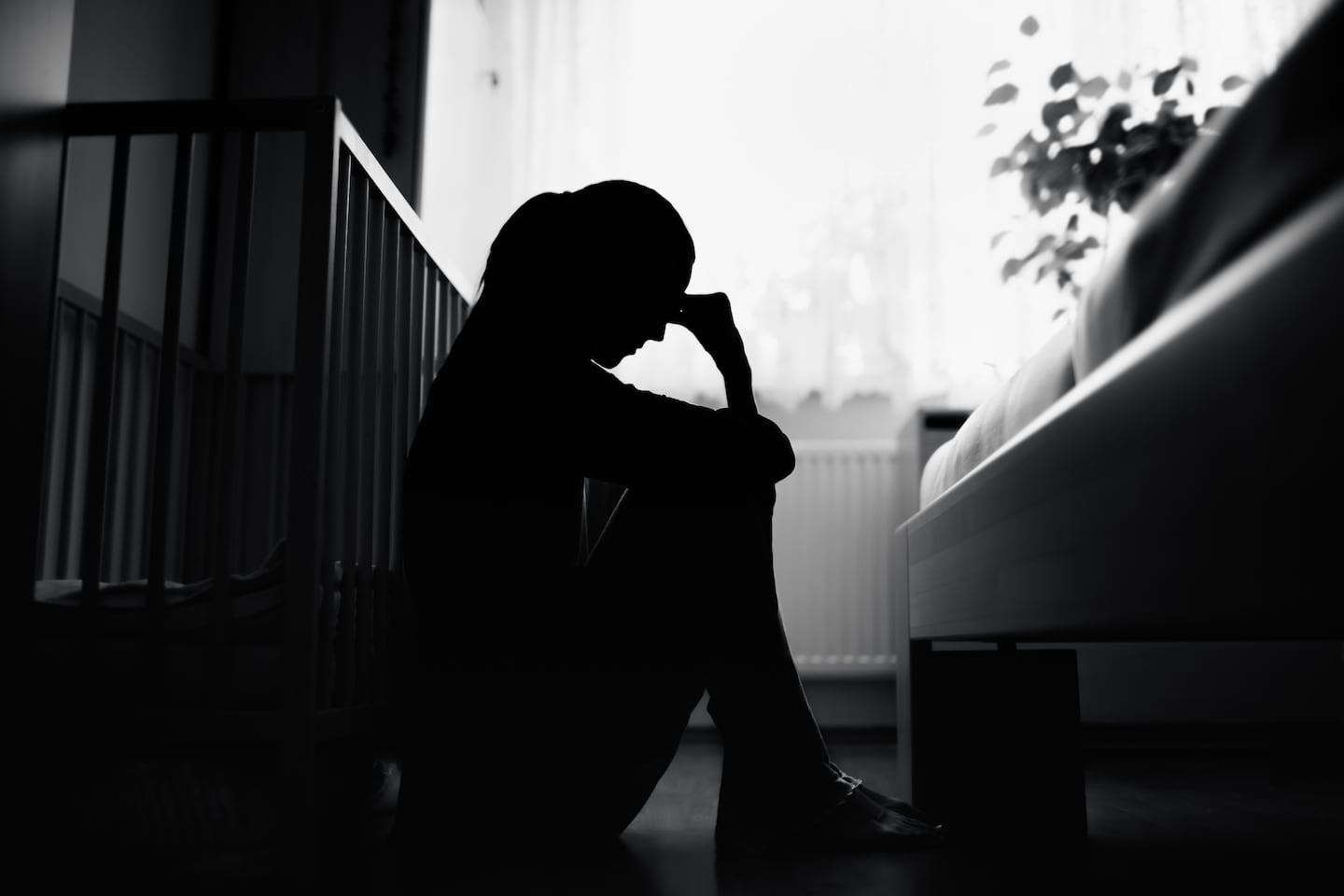Fitzsimmons was shot in the chest later that day in what authorities described as an “armed confrontation” as officers tried to deliver the restraining order at her North Andover home.
She was listed as stable in a Boston hospital as of Tuesday, according to the Essex district attorney’s office, which said Thursday it would not comment further on her medical condition.
Here’s what to know about postpartum depression and how to seek help.
Types of postpartum depression
It’s common for new mothers to experience frequent bouts of sadness and anxiety in the first weeks after giving birth, what is known as “the baby blues,” according to the Cleveland Clinic.
Postpartum depression is a far more serious condition in which those feelings may begin to interfere with a mother’s ability to care for themselves or their child. Signs of postpartum depression — which can include frequent crying, irritability, and fatigue, as well as feelings of guilt and anxiety — can develop within days of delivery or more gradually, according to the Cleveland Clinic.
The most serious form of postpartum depression is postpartum psychosis, which affects just one in 1,000 women after delivery. It can occur quickly after delivery and may last several weeks to several months, according to the clinic.
Signs of postpartum psychosis should be met with immediate medical attention — which will usually involve hospitalization, psychotherapy and medication — as the condition brings an increased risk of suicide and harm to the child, according to the clinic.
Symptoms include severe agitation, confusion, feelings of hopelessness and shame, insomnia, paranoia, delusions or hallucinations, hyperactivity, and rapid speech or mania, according to the clinic.
What causes postpartum depression?
Medical experts say postpartum depression can arise from biological, psychological, and social causes. Those with histories of mental health issues, lack of social support, or traumatic experiences giving birth, for example, are at a higher risk for developing these conditions.
Postpartum depression does not only occur in birth mothers. Surrogates and adoptive parents can develop postpartum depression, too, brought on by the hormonal, physical, emotional, financial, and social changes that arise from having a baby, according to the Cleveland Clinic.
There is no specific test that can diagnose postpartum depression, but most healthcare providers will schedule visits with new mothers two to three weeks after giving birth to screen for depression, according to the clinic. This may involve a depression screening in which the mother is asked how she’s feeling and how the baby is doing.
The American Academy of Pediatrics recommends routine screening for postpartum depression in mothers during the first six months of their children’s lives, but less than half of mothers in the United States are screened.
Medical specialists urge anyone experiencing symptoms of postpartum depression to notify their doctor immediately.
Hotlines are another option. The National Maternal Mental Health Hotline, a 24-hour free and confidential hotline for pregnant women and new moms, can be reached at 833-852-6262.
Postpartum Support International, an organization dedicated to combating postpartum depression, anxiety, and distress, also operates a helpline that people can call or text “help” to at 800-944-4773. Spanish services are available at 971-203-7773.
Are you or someone you know struggling with symptoms of depression? You can reach the National Suicide Prevention Lifeline by dialing or texting 988, or chatting 988 at 988lifeline.org. A call, chat, or text to that line will connect you with a local crisis center through the 988 Suicide & Crisis Lifeline network. The American Foundation for suicide prevention has additional resources at https://afsp.org/get-help.
Nick Stoico can be reached at nick.stoico@globe.com.
